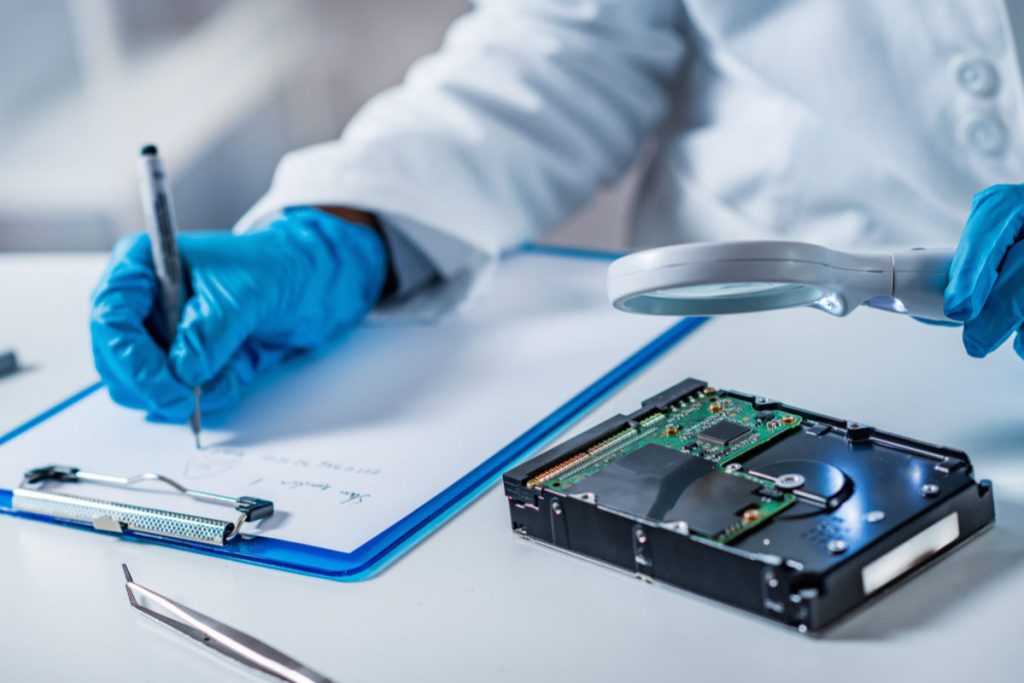In the ever-evolving landscape of forensic science, the realm of voice analysis has emerged as a powerful tool in unraveling mysteries and uncovering truths. Forensic voice analysis, a discipline within the broader field of forensic linguistics, focuses on examining and interpreting vocal characteristics to aid investigations. This cutting-edge technology delves into the unique patterns and nuances present in an individual’s voice, offering investigators a novel means of identifying perpetrators and verifying the authenticity of recorded statements. One of the foremost applications of forensic voice analysis lies in speaker identification. By scrutinizing various elements such as pitch, tone, cadence, and accent, experts can create a vocal fingerprint that is as distinctive as a physical one. This methodology becomes particularly invaluable in cases involving voice recordings, such as ransom calls, threatening messages, or anonymous tips. Through advanced algorithms and spectrographic analysis, forensic voice analysts can compare the unknown voice with known samples, drawing connections that may prove instrumental in narrowing down suspects or establishing alibis.

Moreover, forensic voice analysis plays a pivotal role in the authentication of audio evidence. As the prevalence of digitally manipulated recordings and deepfake technology grows, the need for reliable methods to discern genuine from fabricated audio becomes increasingly pressing. Forensic voice analysts employ sophisticated techniques to detect signs of tampering or manipulation, ensuring the integrity of audio recordings presented in court. This not only safeguards the judicial process but also reinforces public trust in the reliability of forensic evidence. In cases where the content of a message is as crucial as its origin, forensic voice analysis extends its reach to speaker profiling and linguistic analysis. By examining the language, vocabulary, and speech patterns of an individual, analysts can glean insights into the speaker’s background, education, and even emotional state Learn More. This comprehensive approach enhances the investigative process, shedding light on potential motives and contributing to a more nuanced understanding of the context surrounding a recorded communication.
Despite its transformative potential, forensic voice analysis is not without its challenges and controversies. Critics raise concerns about the reliability of the methodology, emphasizing the influence of external factors such as stress or disguise on vocal characteristics. Additionally, legal and ethical considerations come into play, raising questions about the admissibility of voice analysis results in court and the potential for misuse or misinterpretation. In conclusion, the echoes of truth reverberate through the corridors of forensic voice analysis, offering law enforcement and investigative agencies a powerful tool to unravel the complexities of criminal cases. As technology continues to advance and methodologies refine, the impact of voice analysis on investigations is poised to grow, shaping the future of forensic science and its contributions to the pursuit of justice.
